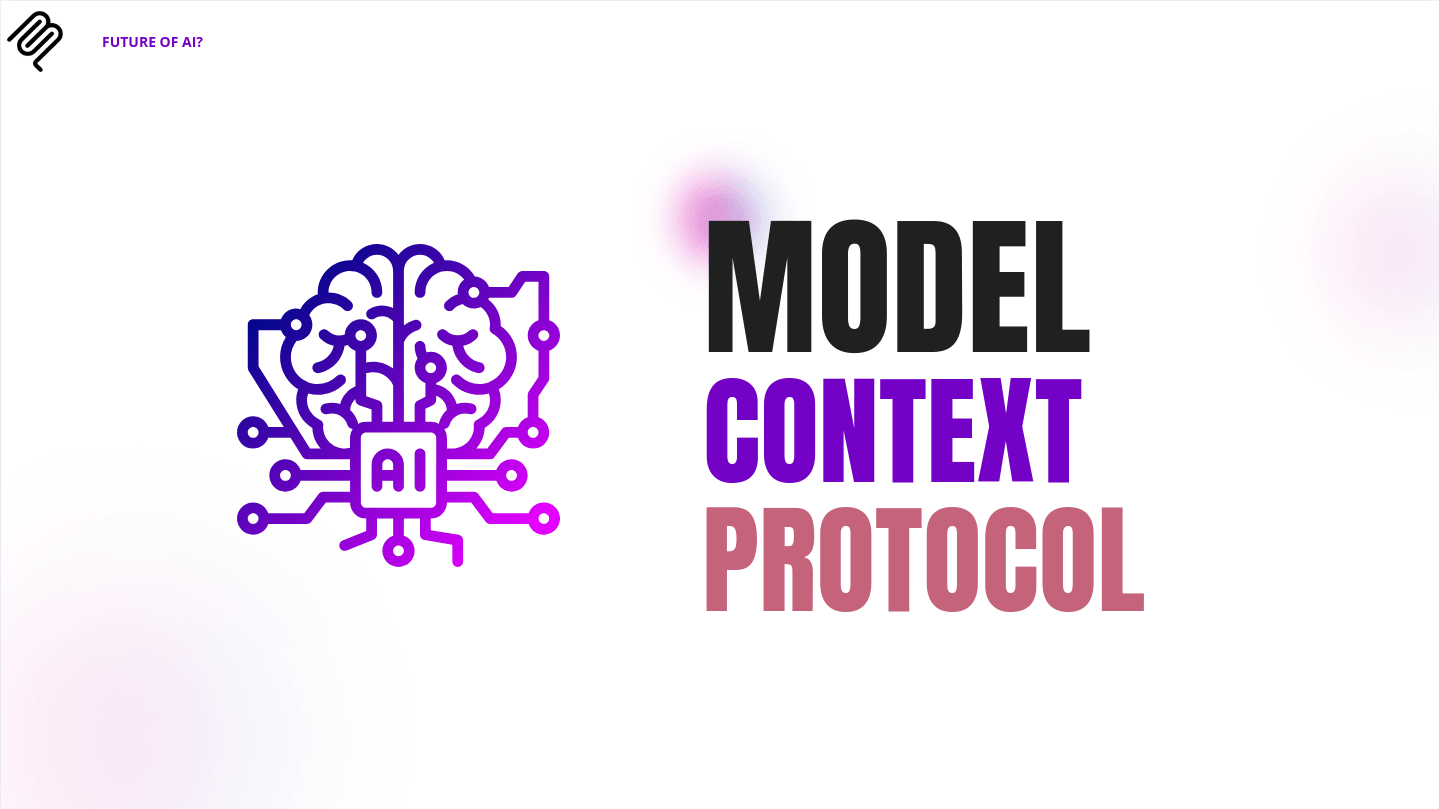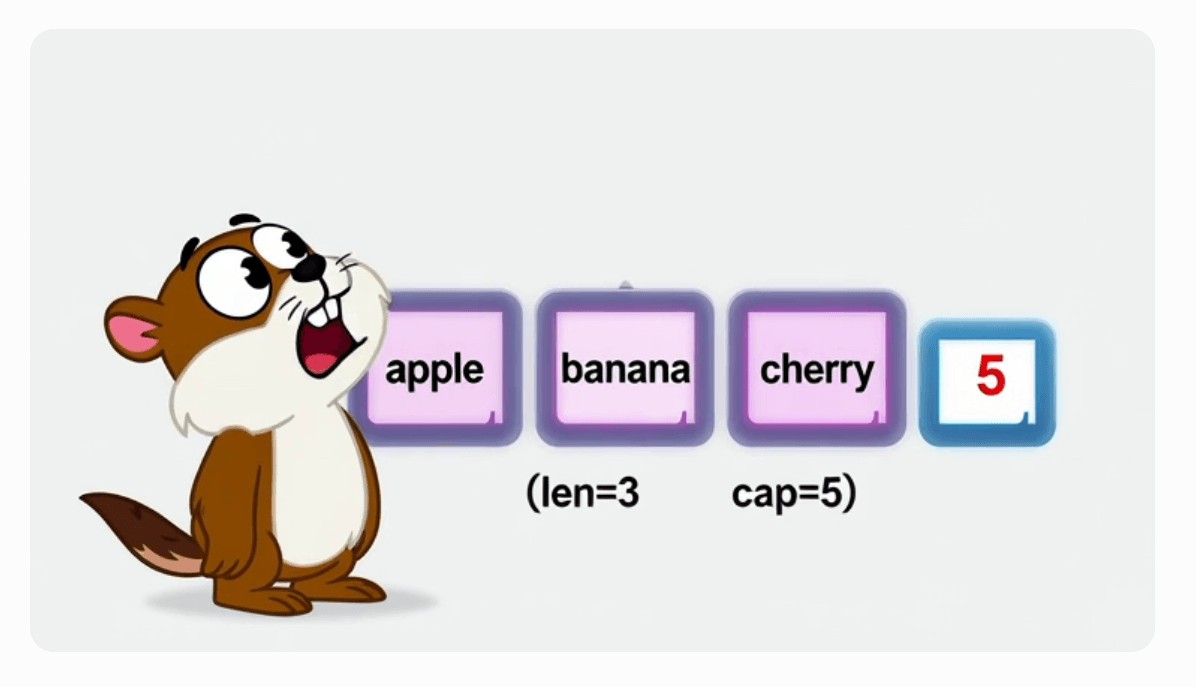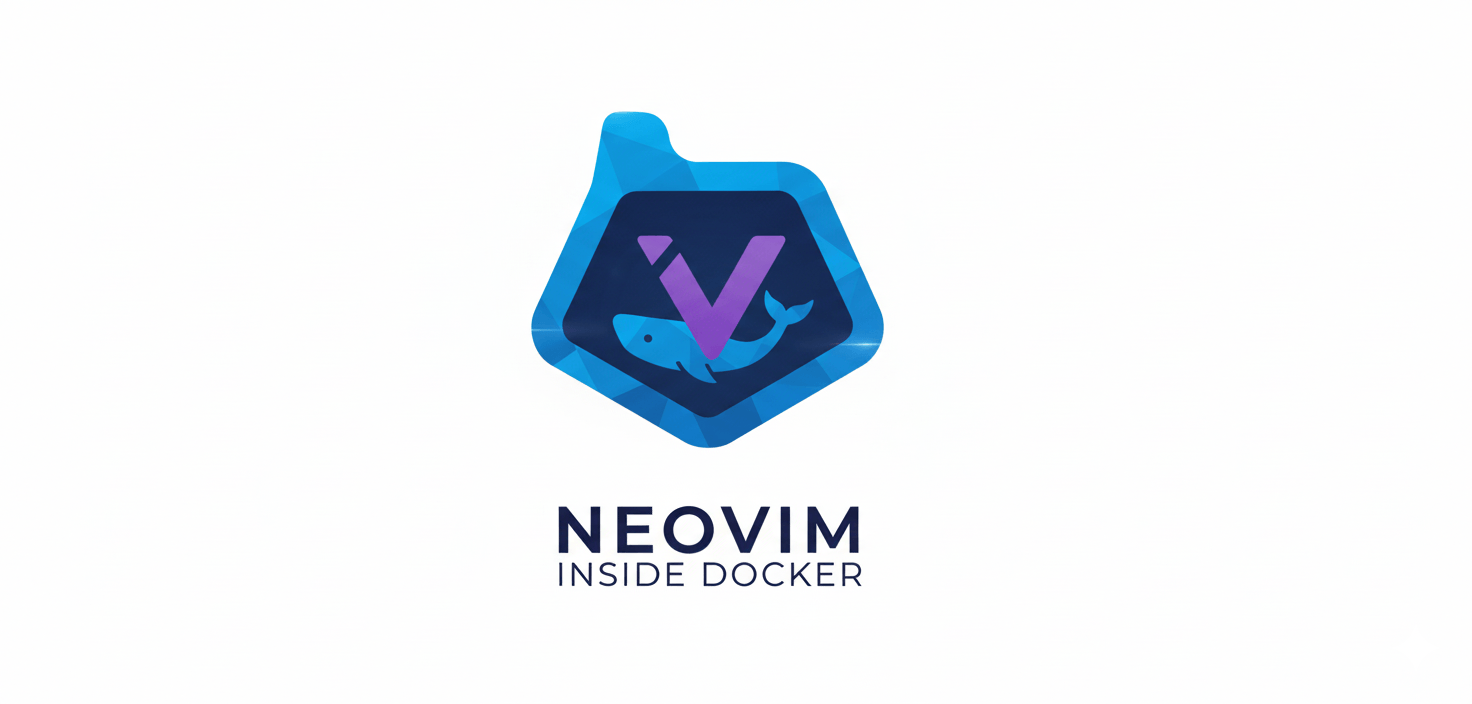Demystifying MCPs: The Key to Making AI Assistants Actually Useful
In the rapidly evolving world of artificial intelligence, a new acronym has emerged in tech circles: MCP. This development promises to revolutionize how AI assistants function, making them more practical and accessible to users.
The Limitations of Current AI
AI assistants like ChatGPT, despite their ability to generate human-like text, have inherent limitations. These large language models (LLMs) excel at predicting the next word in a sequence but lack the capacity to perform actionable tasks independently. For instance, they cannot send emails or check calendars, as they are fundamentally designed as text prediction engines. As Professor Ross Mike states, "LLMs by themselves are incapable of doing anything meaningful... the only thing an LLM in its current state is good at is predicting the next text."
Enhancing LLMs with Tools
To overcome these limitations, developers have begun integrating LLMs with external tools, such as search engines, weather APIs, or calendar systems. This enables some AI tools, like Perplexity, to provide real-time information. However, this approach presents challenges. Each tool requires bespoke integration, and coordinating multiple tools can become technically complex, often resulting in unstable systems when updates or changes occur.
MCPs: A Standardized Solution
Multimodal Conversational Protocols (MCPs) offer a solution by acting as a universal translator between AI assistants and various digital tools and services. Professor Mike explains, "Think of every tool that I have to connect to to make my LLM valuable as a different language... MCP you can consider it to be a layer between your LLM and the services and the tools, and this layer translates all those different languages into a unified language that makes complete sense to the LLM." By providing a standardized communication framework, MCPs eliminate the need for custom-built connections, allowing developers to prioritize functionality over integration hurdles.
How the MCP Ecosystem Functions
The MCP ecosystem comprises four core components:
MCP Client: User-facing platforms, such as Tempo, Windsurf, and Cursor, that interface with the AI.
MCP Protocol: The standardized method facilitating communication between clients and servers.
MCP Server: The component responsible for translating between the protocol and specific services.
Services: External tools, including databases and email systems.
A key feature of this system is that service providers—such as database companies or productivity apps—develop their own MCP servers. This distributes the integration workload across the ecosystem, reducing the burden on AI developers.
Why MCPs Matter
MCPs have the potential to transform AI assistants into highly practical tools for everyday use. Beyond answering questions, they could enable AI to schedule meetings, analyze data from multiple sources, automate tasks across applications, and manage content within various platforms. This capability could streamline workflows and enhance productivity for users across diverse contexts.
Opportunities for Innovation
The introduction of MCPs opens doors for entrepreneurial ventures. Professor Mike highlights potential opportunities, including an "MCP App Store" for browsing and installing MCP servers, tools to simplify server deployment for non-technical users, and specialized MCP servers tailored to specific industries. For those interested in this space, staying informed and seizing timely opportunities will be critical.
The Broader Implications of MCPs
The concept of MCPs aligns with a historical trend in technology: standardization often drives widespread adoption. By enabling AI assistants to perform tasks across digital environments, MCPs could mark a shift from passive, question-answering systems to active, task-oriented tools. However, challenges remain, such as the technical complexity of current implementations and uncertainties about whether Anthropic’s MCP standard will dominate or face competition from rival frameworks.
The trajectory, nonetheless, points toward AI systems that go beyond conversation to deliver actionable outcomes. This evolution could redefine the role of AI assistants, making them indispensable allies in navigating the digital landscape.
What are your thoughts on MCPs? Do they signal a promising future for AI capabilities, or do they raise concerns worth considering? Share your perspectives below!



